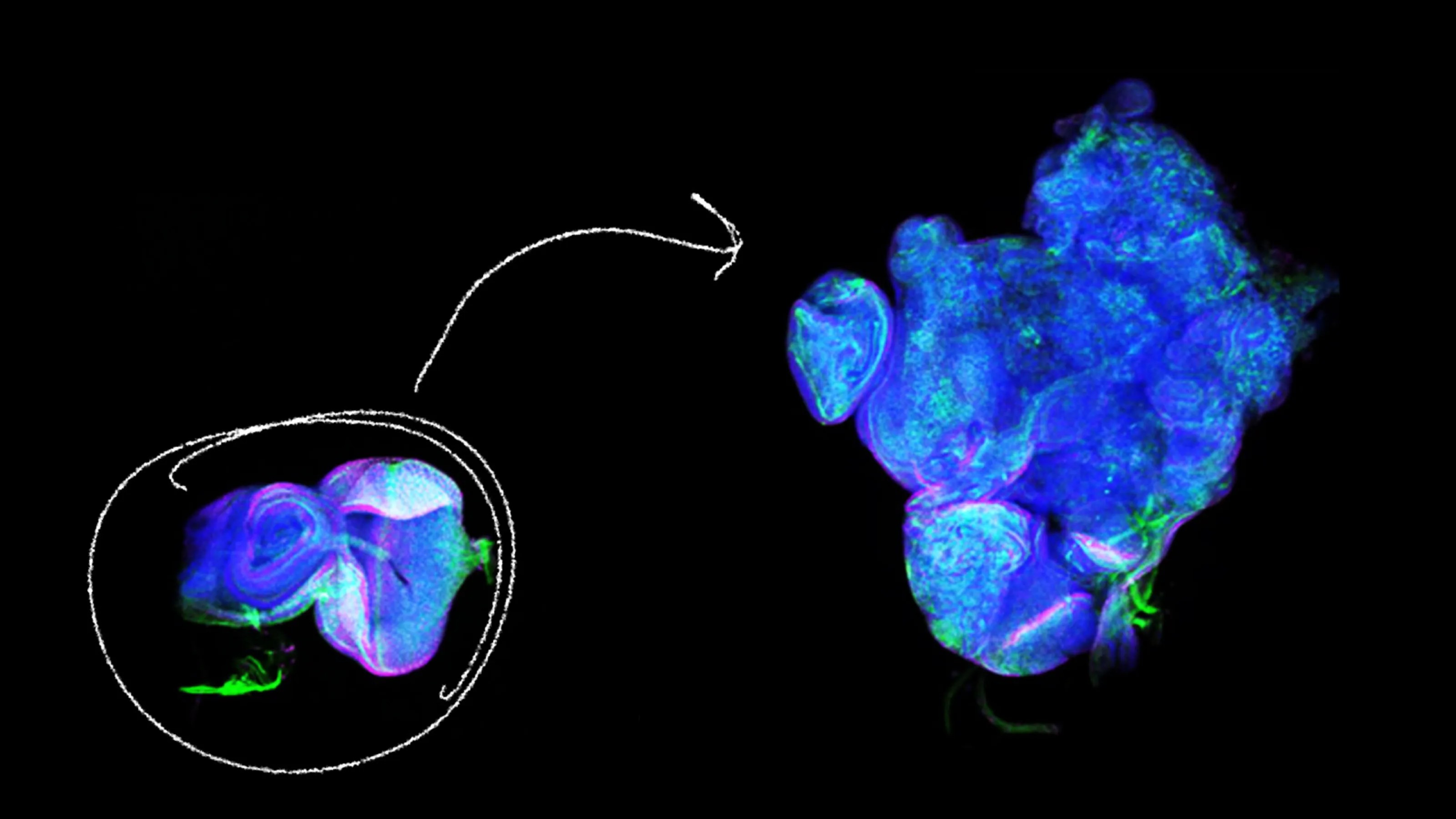Scientists Tell Cancer Cells to Switch Off

What’s the Latest Development?
MIT scientists have developed a way to deliver messages to cancer-causing genes using RNA, telling them to shut off. The method, known as RNA interference, is a naturally occurring process that allows cells to fine-tune their genetic expression, but scientists have had difficultly controlling the process because it requires such precise bundling of microscopic genetic material. The MIT team, however, “have now come up with a novel delivery vehicle in which RNA is packed into microspheres so dense that they withstand degradation until they reach their destinations.”
What’s the Big Idea?
In an experiment, the MIT team was able to keep tumors in mice from growing by delivering specific messages encoded in RNA. The new way of packaging the genetic instructions could have effects that reach beyond cancer, say researchers, to help treat neurological and immune disorders, as well. “In future studies, the researchers plan to design microspheres coated with polymers that specifically target tumor cells or other diseased cells. They are also working on spheres that carry DNA, for potential use in gene therapy.”
Photo credit: shutterstock.com





